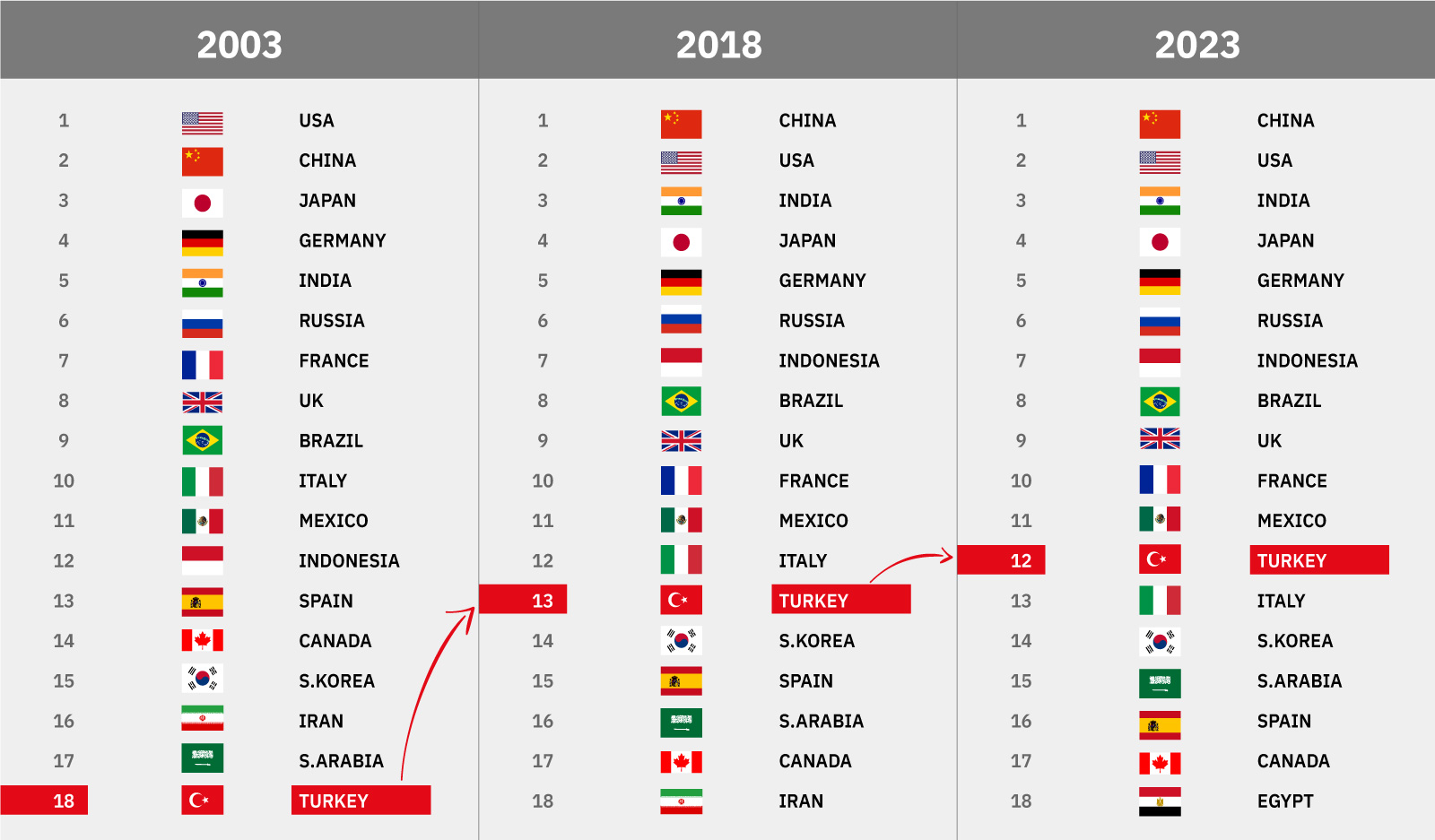

“In a plausible alternative scenario where some of these risks materialize…inflation will rise and global growth decelerate further to about 2.6 per cent this year and two per cent next year, a pace that growth has fallen below just five times since 1970,” said the IMF economist. Inflation could remain stubbornly high if labour markets remain overly tight or inflation expectations are too optimistic and prove more costly than expected.Īnd renewed COVID-19 outbreaks and lockdowns threaten to further suppress China’s growth. The report outlines some risks ahead, including that the war in Ukraine could end European gas supply from Russia altogether rising prices could cause widespread food insecurity and social unrest and geopolitical fragmentation may impede global trade and cooperation. And it is projected to remain elevated for longer.īroadened inflation in many economies reflects “the impact of cost pressures from disrupted supply chains and historically tight labour markets,” the IMF official stated. This year it is anticipated to reach 6.6 per cent in advanced economies and 9.5 per cent in emerging market and developing economies – representing upward revisions of 0.9 and 0.8 percentage points respectively. Inflationĭespite the global slowdown, inflation has been revised up, in part due to rising food and energy prices. “As a result, global output contracted in the second quarter of this year,” said Mr.

Moreover, further lockdowns and a deepening real estate crisis there has pushed growth down to 3.3 per cent this year – the slowest in more than four decades, excluding the pandemic.Īnd in the Eurozone, growth has been revised down to 2.6 per cent this year and 1.2 percent in 2023, reflecting spillovers from the Ukraine war and tighter monetary policy. In the US, reduced household purchasing power and tighter monetary policy will drive growth down to 2.3 per cent this year and one percent next year, according to the outlook.Ĭhina’s slowdown has been worse than anticipated amid COVID-19 outbreaks and lockdowns, with negative effects from Russia’s invasion of Ukraine continuing.


 0 kommentar(er)
0 kommentar(er)
